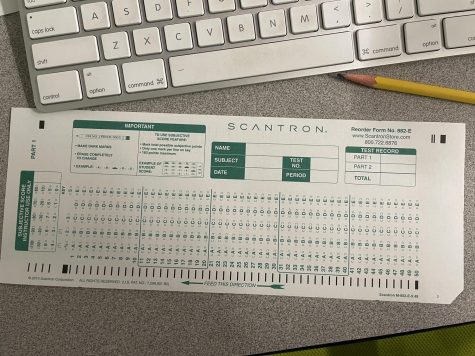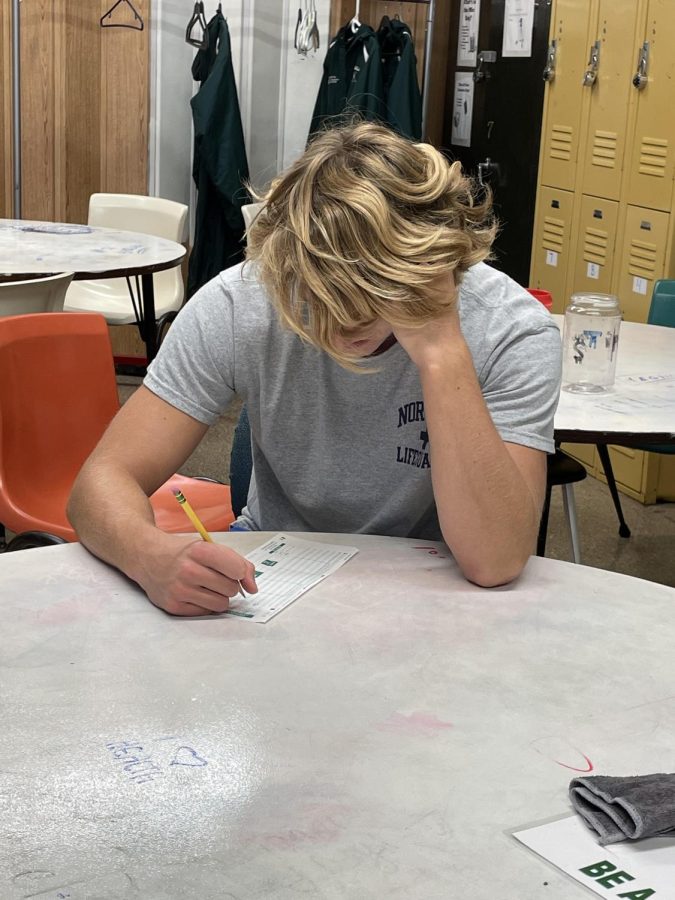Standardized Testing: Why It Doesn’t Meet the Mark
As October is back, it’s that time of year where the first rounds of standardized tests make their way into everyone’s schedules. With that in mind, every student is told the same old “Don’t forget to get a good night’s rest!” or the infamous “Don’t forget to read the questions and try your best!” which is as reassuring as it can really get- for tired students from as little as elementary schoolers to as big as high schoolers. While standardized tests are different everywhere for everyone, about everyone can agree that it’s taxing.
Since the pandemic is nearly over, standardized testing is back in full swing, no interruptions. At this point, many people have taken either their MAP tests, PSAT/SATs, or even both. But doing both, along with the other versions of those tests boil down to one question and an exasperated groan: what’s the point of it all?
“What’s with the copious amounts of the same thing, but just written differently with a different color background?”
When looking at most tests and their official site’s About Us page, one example being the nwea site, they all have the same rinse and repeat “Our assessment helps measure K-12 growth and achievement.” which wouldn’t entirely make this a flaw, since it’s what administrators and teachers need so they can give students work that is best suited to their abilities.

But if every test from SBAC to benchmarks like Aimsweb does the same thing around the same time of year, and they’ve developed since the N.C.L.B Act was introduced, what does that mean for the distressed students taking them? What’s with the copious amounts of the same thing, but just written differently with a different color background?
Erik Robelen from the Education Writers Association notes that according to a study, “81% of teachers believe that students spend too much time taking tests,” which ends up being “less than a week to over a month.” Robelen also says that 62% of teachers say they spend too much time preparing for state-mandated tests and 51% say for district-mandated tests. Looking at that from a student perspective, that means most teachers like yours and mine aren’t pleased about the idea of testing and test prep, like how most of your friends and family feel.
Putting it in the idea of “when there are multiple ways of a single goal, many people can find it unappealing and try their best to steer clear of it regardless of what the name is”, the concept of cutting back on the amount of tests students have to do through every year of their K-12 career is something very imaginable. Many students including myself could definitely feel a weight off their shoulders if we considered removing tests that we didn’t completely need.

Kennedy Nashe is a sophomore at Norwalk High School. She is a reporter for the Paw Print Magazine. She enjoys traveling and likes to listen to music. She...















